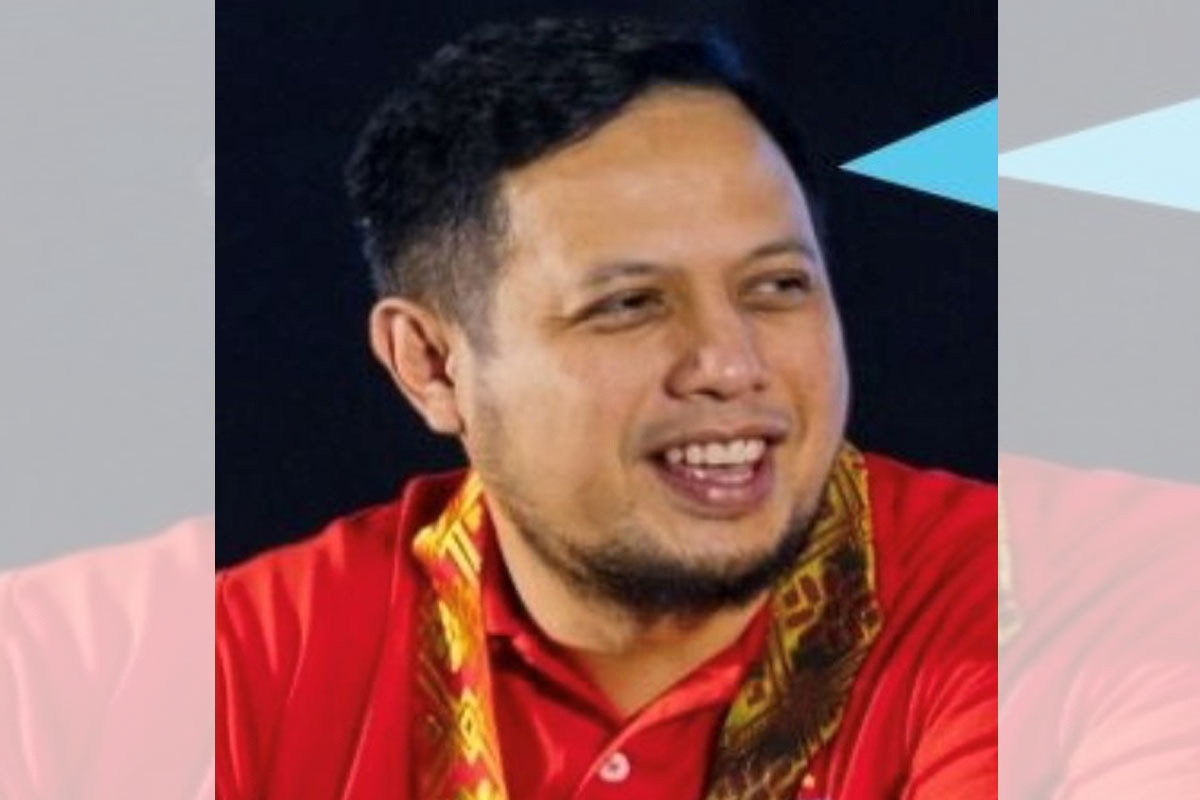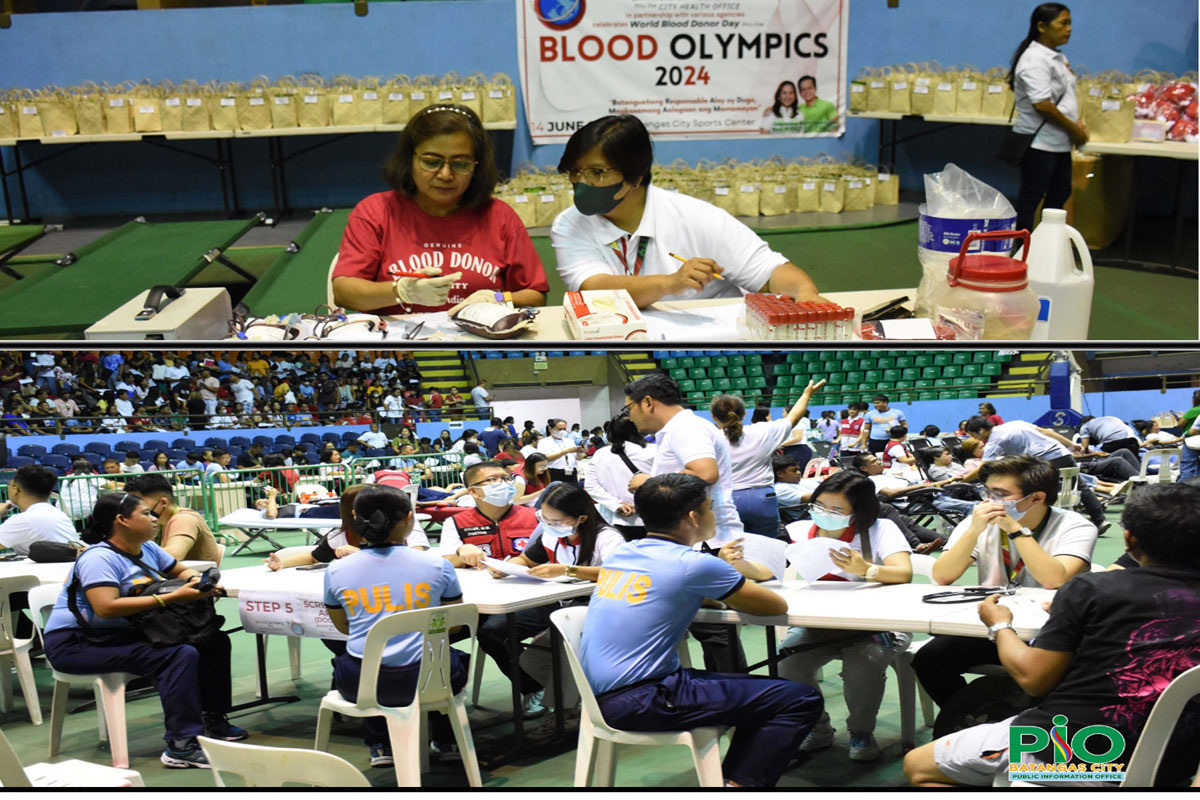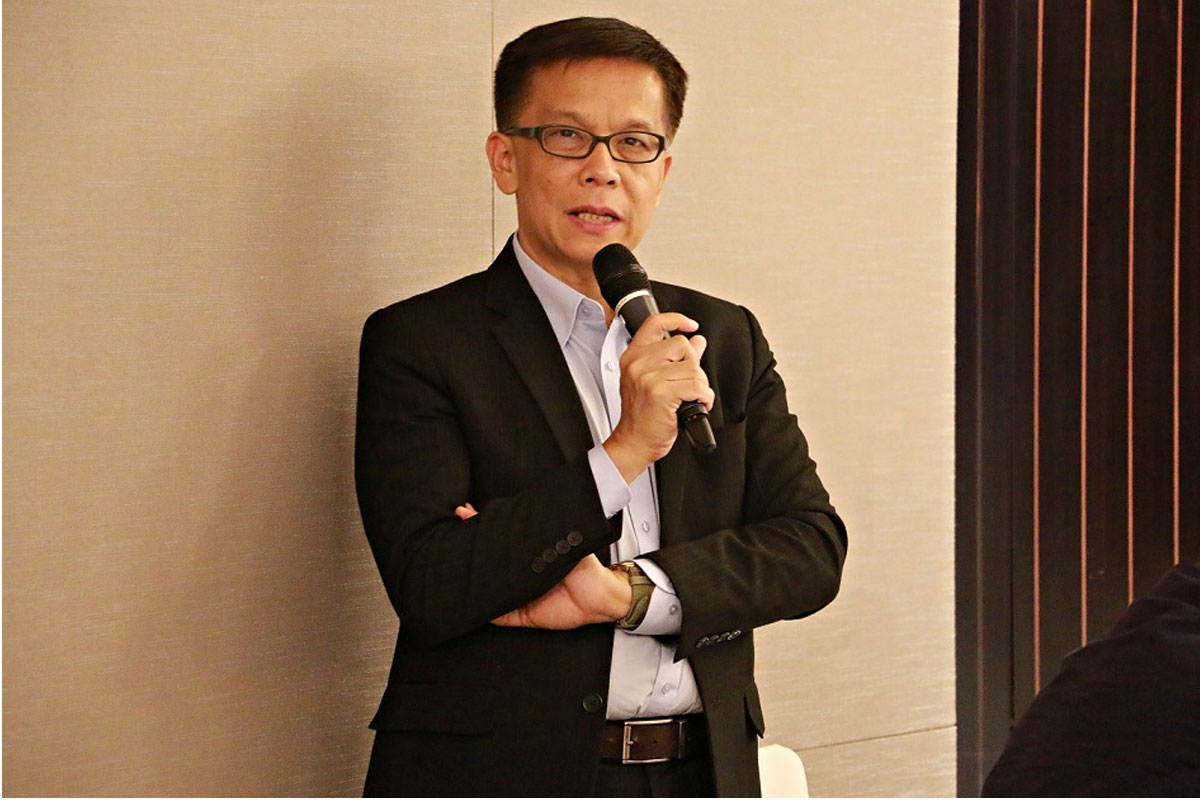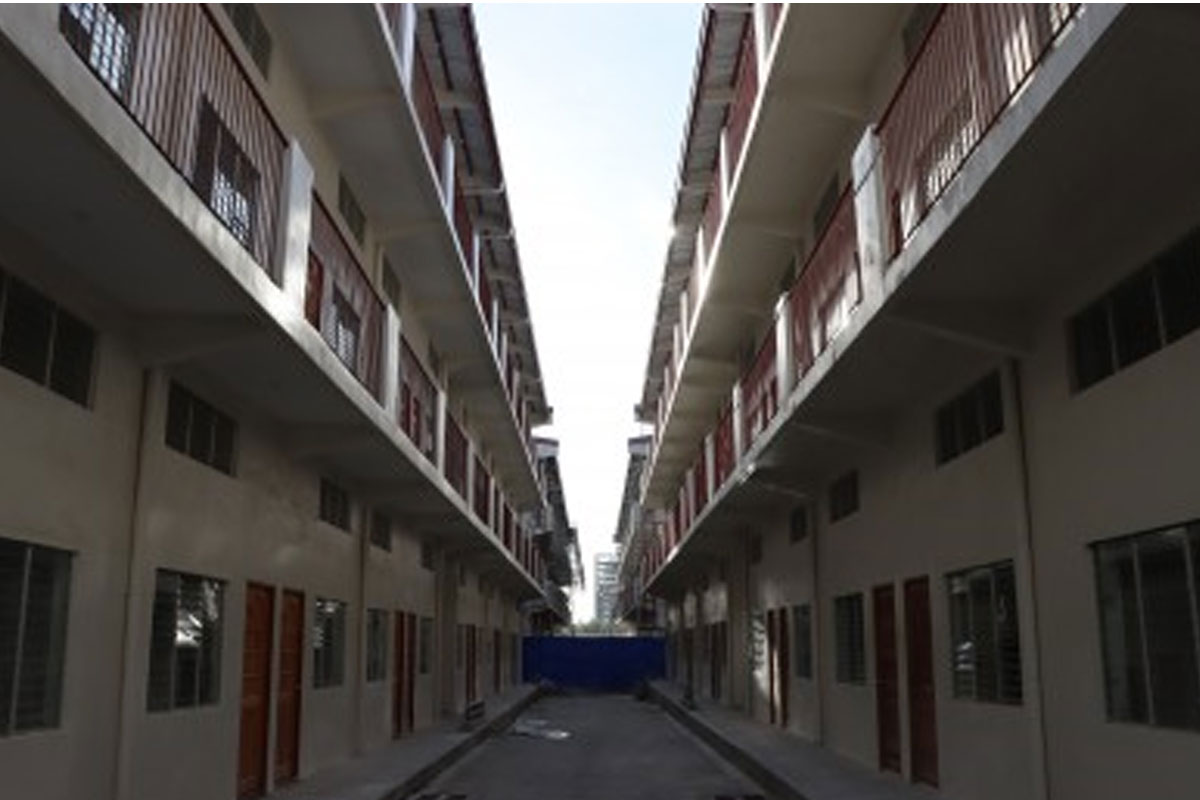
Battling the staying power of corruption
Despite all the laws and severe penalties against unscrupulous public officials, corruption has continued to defy solution all these years.
And the recent lament of Baguio City Mayor Benjamin Magalong that the dishonest in government continue to enrich themselves at the expense of taxpayers is certainly nothing new.
“I had a chance to talk to several contractors. I asked them assuming that I will take a cut from infrastructure projects, how much will it be? And they said about 10 percent to 15 percent or 20 percent to 25 percent, depending on the decision of the mayors or the lawmakers,” he said in a TV interview. “If the project is worth P100, they have to settle for P42.50 to P55, including their profit. So they will be forced to make substandard projects.”
A staggering P700 billion in public funds are believed lost to corruption yearly, according to United Nations Development Programme estimates, as well as a 2019 revelation of then Deputy Ombudsman Cyril Ramos.
Not only is pervasive corruption defying solution; it’s also worsening. The Philippines now ranks among the most corrupt in the world, according to the latest Corruption Perceptions Index (CPI) of Transparency International, a global movement aiming “to stop corruption and promote transparency, accountability and integrity at all levels and across all sectors of society.”
The CPI showed that in the 2022 survey of 180 countries, the Philippines is now at 116th rank – 17 slots down from that in 2018, 18 slots down from its 2015 ranking, and its lowest since 2012.
On a scale of 0 (highly corrupt) to 100 (very clean), our CPI score is 33 points, a far cry from the international average score of 43 and the regional average of 45 among countries in Asia Pacific.
Our rank is also below that of our ASEAN neighbors like Singapore (5), Malaysia (61), Vietnam (77), Thailand (101), and Indonesia (110).
Why unabated corruption continues on a rampage despite stiff laws can really be frustrating.
It certainly is a widespread belief or expectation that one inevitably gets rich by joining government service. Such belief is so deeply engrained that, oftentimes, it’s a great surprise when a poor guy who gets appointed to a juicy post remains poor.
So many laws to curb graft and corruption are already in place. These are RA 9184 providing for the modernization, standardization, and regulation of the procurement activities of the Philippines; RA 30l9 or the Anti-graft and Corrupt Practices Act; RA 6713, an act establishing a code of conduct and ethical standards for public officials and employees; the Revised Penal Code provisions on malversation and bribery; and the special law on plunder.
Yet corruption thrives due to lack of strict enforcement of such laws. What may deter corruption is obvious: certainty of arrest, prosecution, conviction, and then jail time. And such a deterrent needs a swift, impartial, and incorruptible justice system.
Another way to stop or lessen corruption is leadership by example. If quality of leadership in public offices is beyond reproach, it inspires full support of subordinate employees, as well as the general public, in doing everything to stop or lessen corruption.
Public awareness is also essential against corruption. “It’s about time we have to raise awareness,” Mayor Magalong said. “People should be made aware of the ill effects of corruption and its direct correlation with poverty and reduced income. The poor are the most affected … Hopefully, it will become a movement.”
Indeed, a national movement of enlightened Filipinos, primarily consisting of parents committed to inculcate in their children good values like honesty, integrity, and trustworthiness could bring about much-needed change to a mindset that foments corruption. By ANGELO TUGADO
Email: [email protected]

















